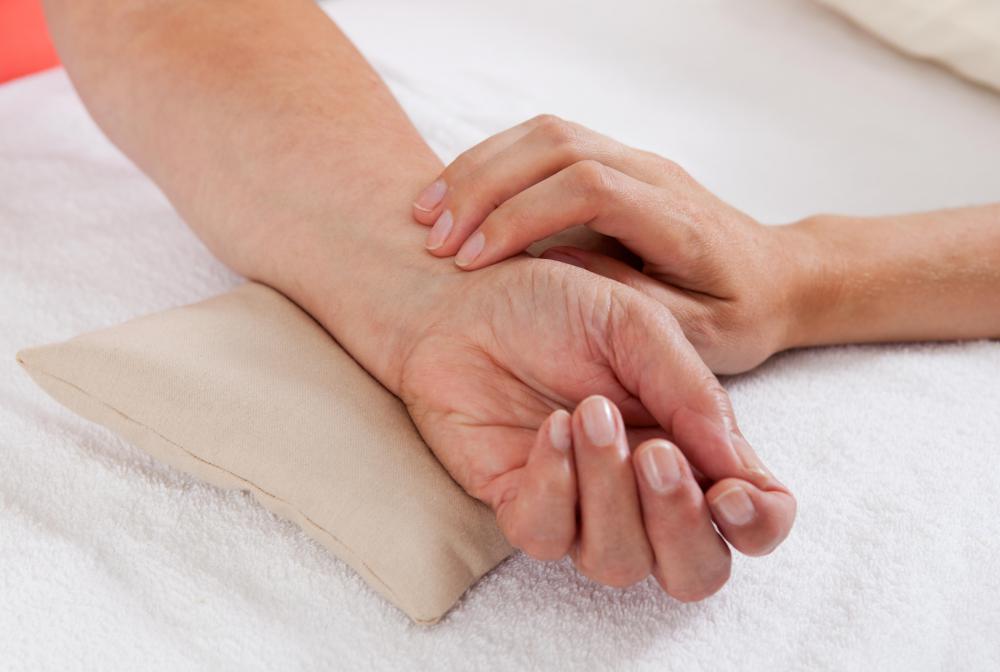At WiseGEEK, we're committed to delivering accurate, trustworthy information. Our expert-authored content is rigorously fact-checked and sourced from credible authorities. Discover how we uphold the highest standards in providing you with reliable knowledge.
How do I Choose the Best CPR Training Online?
Taking CPR training online is something of a mixed blessing. On the one hand, these classes may save time, but on the other hand, they are not complete. Many offer certification to a certain point, but they can’t teach any type of hands on practice, which is recommended by many agencies and may be required by a number of employers. What they principally do is allow people to learn about CPR and how and why to administer it, without letting people actually perform it.
Thus the best CPR training online should prepare students to take a practical training course and get certification. A number of agencies may offer online classes that lead to practical training/testing; they have testing centers available where people finish learning. These include the Red Cross, and in some cases classes are affiliated with organizations like the American Heart Association. Those requiring practical training should be wary of courses that only offer academic/ hands off teaching without further hands on training to get certified. This training could cost a lot of money, claim to give certification, and still not prepare people to get the testing they need.

In contrast, classes offered online by agencies like the Red Cross are a boon because they help people better coordinate their time or study over a time period before doing practice work. They may be more convenient than attending offline classes and they’re typically least expensive because no profit motive is involved. Thus it could be said that way to best chose a CPR training course online is to look for those agencies that have routinely trained and certified in this area, or courses taught by representatives of those agencies. In the US, preference really has to go to CPR training online offered by the Red Cross or American Heart Association; these are the experts in this field.

People should be wary of any CPR training online that offers certificates, especially if these certificates are billed as something all people need. They may be useless or they certify basic knowledge but no experience and no hands-on training. Many people who take a CPR training course solely online are dismayed to find that they don’t have adequate certification to meet qualifications needed or requested for certain types of work. Some online training from an agency does have an offline component, but if it doesn’t, these agencies and classes aren’t the best choices, and people could just as easily get less expensive online training through the principal nonprofit agencies.

Ultimately, people can enjoy the convenience of studying and reviewing CPR training online and taking any type of written tests or quizzes online, which may save several hours of class attendance. Practical knowledge is still needed and most people would agree that in an emergency, they’d like to have more than theoretical knowledge of how CPR is supposed to be performed. They’d also like to know what it feels like and exactly how it is done because they have practiced it. At present that kind of knowledge and experience is only available in an offline setting.
AS FEATURED ON:
AS FEATURED ON:

















Discussion Comments
My suggested criteria is to make sure that the coursework has video like format broken down by key steps, accessible content after completion for reference and refresher, and the third one is a look and quality of presentation.
Post your comments